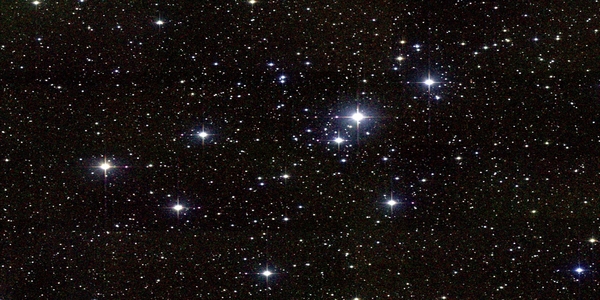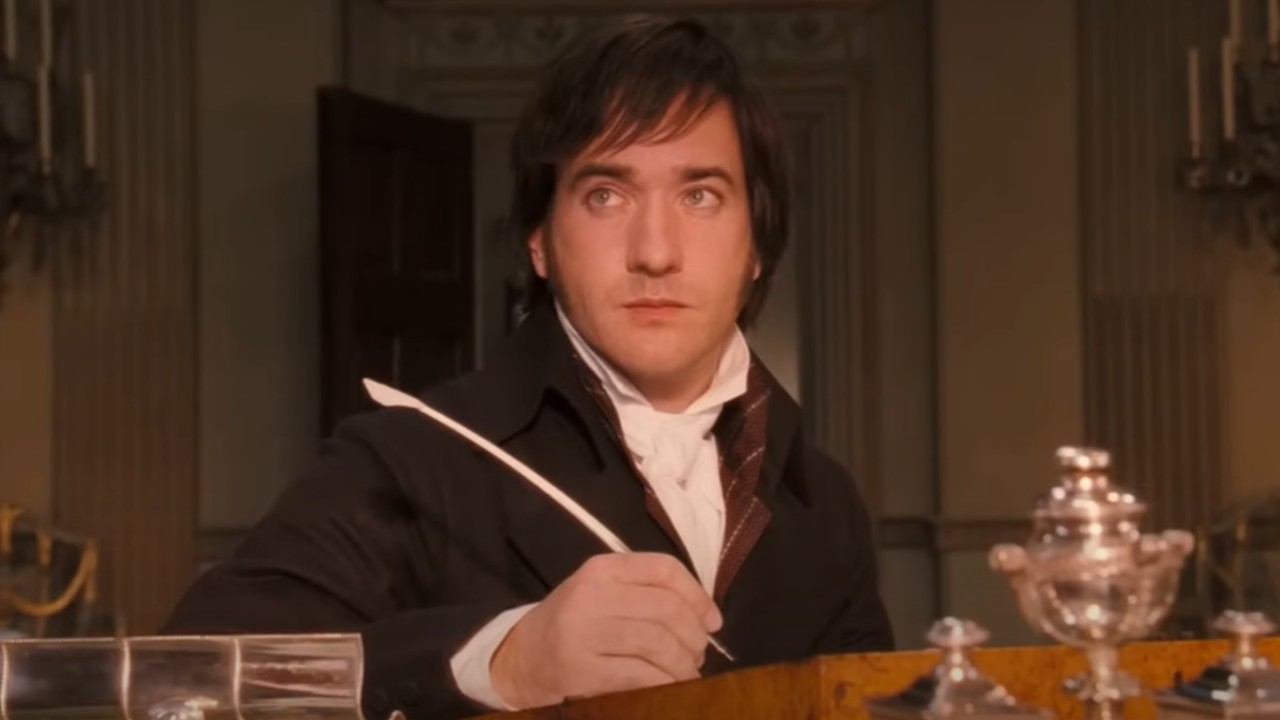Scientists Find A Fossil Galaxy

We are definitely not the only solar system in our vast universe, nor do we live in the only galaxy floating around in space. The vast expanse of outer space is both completely amazing and a little terrifying all at once because there are just so many things we don't know much about yet. Scientists have made an awesome discovery that may just give us clues about the origin of galaxies and the universe itself.
According to Fox News , astronomers have discovered a galaxy floating on the edge of the Milky Way that could be the first galaxy ever formed in the universe billions of years ago. An article from Scientific American reports that the galaxy named Segue 1 is actually a fossil galaxy left over from the early days of our universe forming. The galaxy contains far fewer heavy elements, like metals, which are very common in all other galaxies scientists have studied and collected data about.
MIT collected data on the fossil galaxy during a study of Segue 1 and found that it only contains a couple hundred stars which is incredibly unusual, considering most galaxies have billions of stars in them including our own. Imagine looking at the night sky and seeing only a tiny fraction of stars compared to how many you can see now. Segue 1's lack of stars and heavy metals means that this galaxy quit evolving and changing about 13 billion years ago. The scientists speculate that some of the stars in Segue 1 must be directly from the first stars to explode in the universe because of their small size and lack of material.
Space has been full of many awesome discoveries as of late. The continued search for life in the universe keeps yielding new excitement and we just might meet our space neighbors soon. Recently scientists have been able to analyze the inside of an asteroid for the first time. There have been many recent lunar discoveries as well, including the age of the moon . It seems that space is definitely the place we need to explore more in depth as it helps us understand our own planet even better. Other planets and galaxies may even be our home in the future.
Scientists aren't exactly sure what would cause a galaxy to quit growing. It's possible that our own galaxy or ones like ours stripped the nutrients from Segue 1 causing it to stop expanding. Hopefully as researchers learn more about Segue 1, it can give is clues into the age and origins of our own universe, and maybe even help find more fossil galaxies. The amount we know about the universe is growing every day, but there are still billions more discoveries to be made.
CINEMABLEND NEWSLETTER
Your Daily Blend of Entertainment News
Tim Allen Pulled Home Improvement From His Own Experiences. One Way Shifting Gears’ Matt Parker Is Different
Hayden Christensen And Rosario Dwason Reunite During The Ahsoka Panel At Star Wars Celebration Japan 2025 - Live Blog
After Law And Order: Organized Crime Reunited Benson And Stabler, Dean Norris Credits Chris Meloni For 'The Most Unsexy Pickup Line You Can Imagine'









